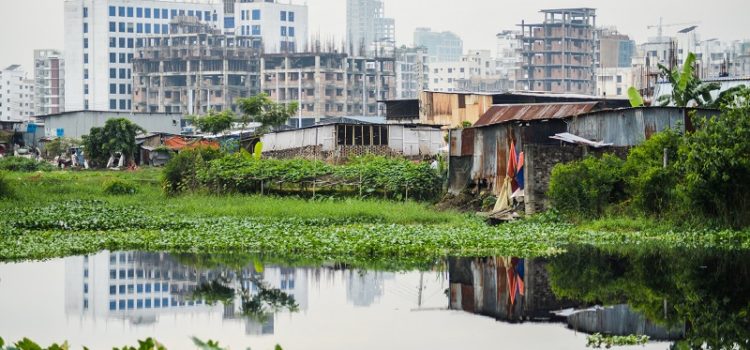Policy Brief – Urban Resilience Planning in Bangladesh: Development and Integration in National Planning Processes

Bangladesh is often referred to as ‘ground zero for climate change’. The topography and location of the country make it highly prone to extreme weather events, including cyclones, floods, salinity intrusion, and storm surges. Socio-economic factors, such as a high dependence on agriculture and other resource-dependent sectors, high population density, and a high poverty rate, add to its woes. Some of the key messages from the brief, developed under the Climate Development and Knowledge Network (CDKN) programme, are listed below:
- Cities play a major role in urban resilience planning in Bangladesh.
- They need to understand local climate impacts to take appropriate actions. Here, resilience-building tools can help them assess local climate risks and vulnerabilities effectively.
- Reporting to the national government on baseline climate scenarios and local assessments of climate risks is essential for aligning national policy with local needs.
- It is critical to ensure regular monitoring of the impacts of climate actions and coordination of local and national government agencies to effectively integrate local climate needs into national policies.
- City governments should communicate with Central ministries to ensure appropriate budget allocation for local climate action.
Read and download the full POLICY BRIEF here.



